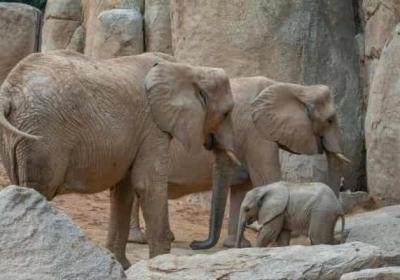泰国人究竟如何用独特方式发音英语2025年最新语言学研究发现,泰国英语(Tinglish)因母语音系影响形成5大发音特征:尾辅音弱化、元音延长、声调化重音、r与l混淆、塞擦音替代。我们这篇文章将解析其成因并提供跨文化沟通建议。音系迁移导致...
How do you say "旅游" in English and what cultural nuances should travelers understand
How do you say "旅游" in English and what cultural nuances should travelers understandWhen translating the Chin

How do you say "旅游" in English and what cultural nuances should travelers understand
When translating the Chinese concept of "旅游", the most accurate English equivalent is "travel" or "tourism", though subtle cultural differences exist. While "travel" focuses on the journey itself with personal growth aspects, "tourism" often carries commercial connotations of organized trips. This distinction reflects deeper cultural perspectives on leisure activities - Chinese tourism frequently emphasizes group experiences and photographic documentation, whereas Western travel culture prioritizes individual exploration and immersive experiences.
Linguistic breakdown of travel terminology
The Mandarin term "旅游" combines the characters for "travel" (旅) and "wander" (游), suggesting both movement and leisure. English offers five nuanced translations:
1. Travel (general movement between locations)
2. Tourism (industry-organized activities)
3. Trip (short-duration travel)
4. Journey (emphasis on experience)
5. Vacation (leisure-focused travel)
Cultural dimension in translation
Chinese tourists often pursue "打卡" (check-in) behaviors at famous landmarks, a phenomenon less emphasized in Western "bucket list travel". Meanwhile, Western backpacking culture celebrates "off-the-beaten-path" experiences that Chinese travelers might consider too adventurous.
Practical implications for cross-cultural communication
When discussing travel plans with international partners:
- Business contexts prefer "tourism" for industry discussions
- Personal narratives use "travel" for broader experiences
- Marketing materials should consider regional preferences
Q&A常见问题
What's the difference between Chinese and Western travel philosophies
Chinese tourism traditionally values group cohesion and scenic appreciation, while Western travel often emphasizes self-discovery through challenging experiences. However, Generation Z travelers globally show converging preferences for authentic local interactions.
How has technology changed travel vocabulary
Digital nomadism introduced terms like "workation" (work+vacation), while platforms like Airbnb popularized "staycation". Chinese equivalents include "云旅游" (cloud tourism) for virtual experiences and "研学旅行" (study travel).
What etiquette differences should travelers know
Western cultures value quiet museum visits while Chinese group tours accept livelier atmospheres. Tipping expectations vary dramatically - expected in America but potentially offensive in Japan.
相关文章
















